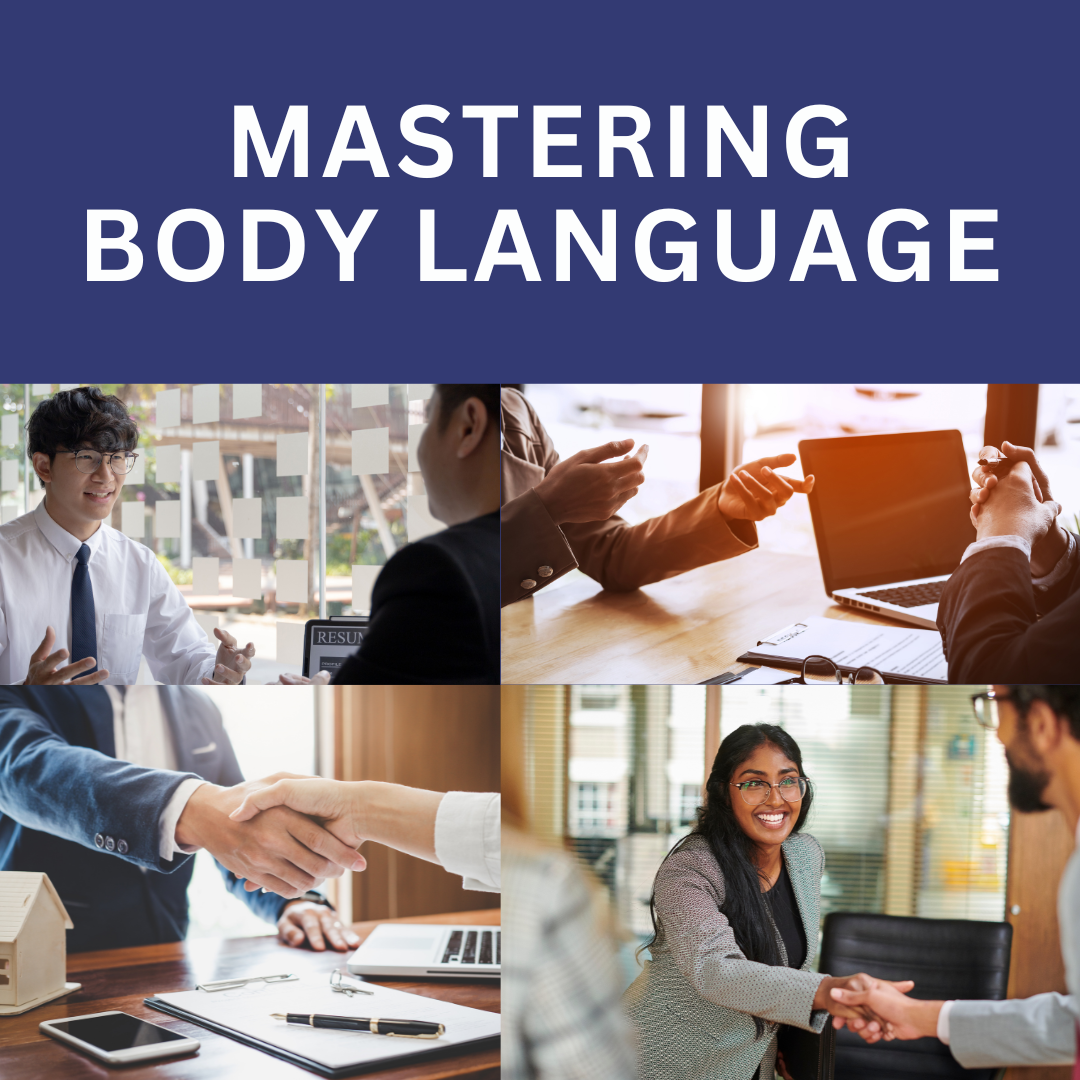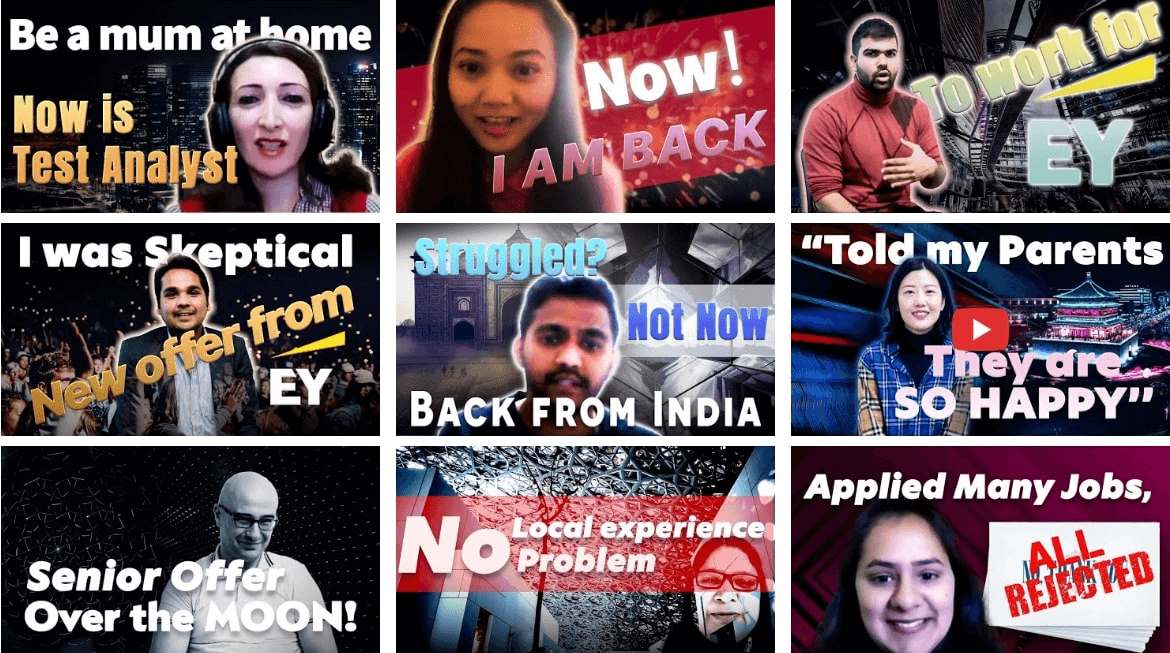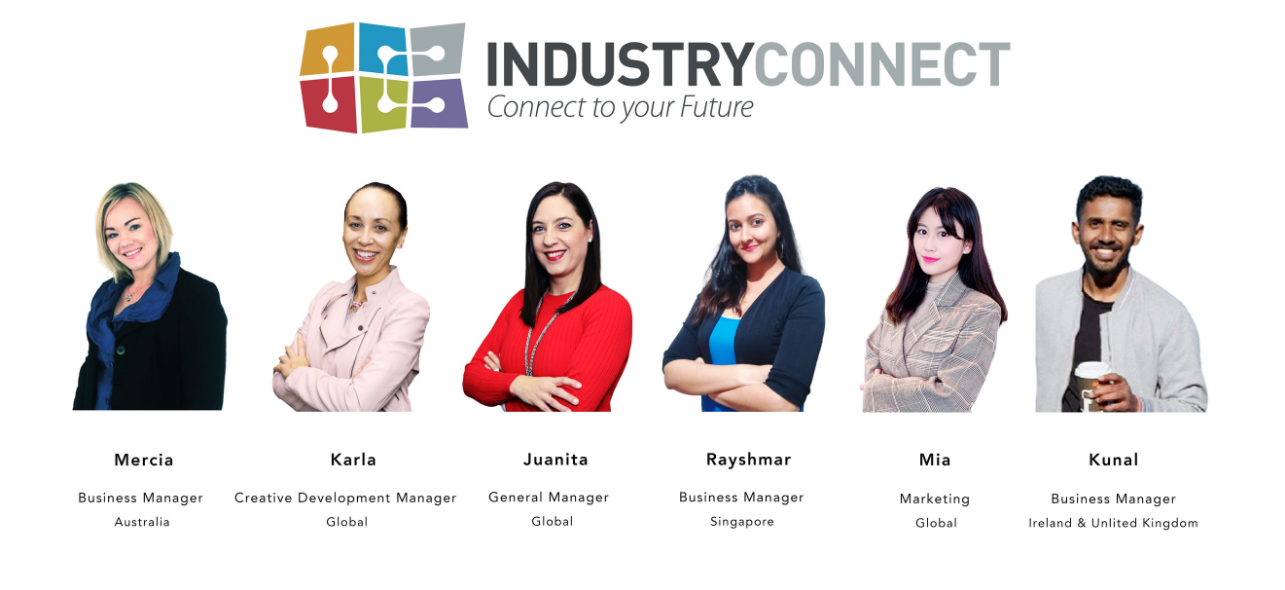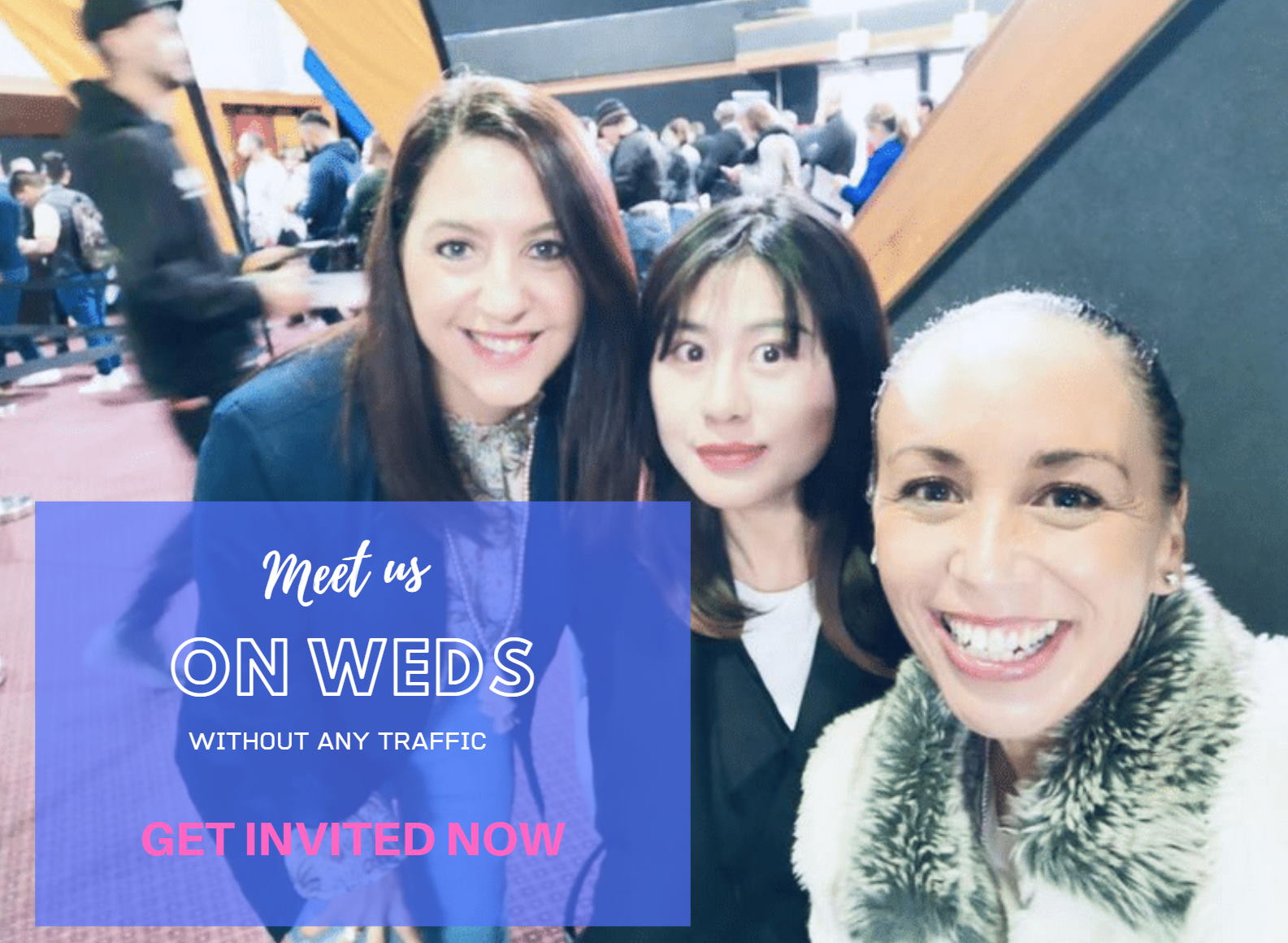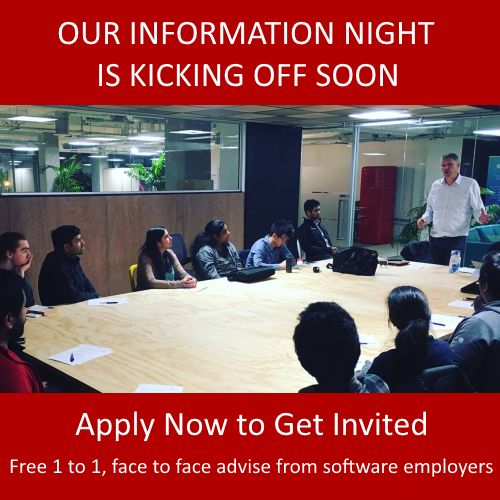When it comes to job interviews, body language plays a critical role in how you are perceived. While your resume may open the door, your non-verbal communication can either solidify or undermine the impression you leave. Research shows that up to 55% of communication is non-verbal, so how you conduct yourself physically is just as important as what you say. Here’s how to master your body language to project confidence, professionalism, and authenticity during an interview.
1. Make a Strong First Impression
First impressions are often made within the first seven seconds of meeting someone. From the moment you walk into the room, your posture, facial expressions, and even the way you greet the interviewer set the tone.
- Posture matters: Stand tall, shoulders back, with a confident but relaxed stance as you enter the room. This conveys professionalism and readiness.
- The handshake: If a handshake is appropriate, offer a firm, yet not overpowering grip. Smile while making eye contact. A limp handshake can suggest a lack of confidence, while an overly aggressive one might be perceived as pushy.
- Smile naturally: A genuine smile can put both you and the interviewer at ease. It signals warmth and approachability, which are key to building rapport.
2. Maintain Good Posture During the Interview
Once seated, posture remains crucial. Slouching can give off the impression that you are disinterested or unprepared. Sitting up straight with your back against the chair communicates alertness and engagement.
- Lean in slightly: When the interviewer is speaking, lean forward slightly to show interest and attentiveness, but avoid invading personal space. Leaning back too far can come across as disengaged or overly casual.
- Keep your hands visible: Hands tell a lot about how someone is feeling. Placing your hands on the table or resting them calmly on your lap conveys calmness. Avoid crossing your arms, as it may signal defensiveness or discomfort.
3. Use Eye Contact to Build Trust
Eye contact is one of the most powerful non-verbal tools during an interview. It demonstrates confidence and helps build a connection with the interviewer.
- Balance your eye contact: Too little eye contact can make you seem untrustworthy or nervous, while staring intently can feel invasive. Aim to maintain steady eye contact while speaking and listening, but allow natural breaks to avoid making it uncomfortable.
- Connect with all interviewers: If you’re in a panel interview, make sure to share your eye contact with all participants, not just the person who asked the question.
4. Master Your Gestures
Gestures can add emphasis to what you’re saying but should be used thoughtfully. Excessive movement can be distracting and may indicate nervousness.
- Use hand gestures sparingly: When appropriate, use your hands to illustrate your points, but keep movements controlled and purposeful. Open hand gestures often suggest transparency and honesty.
- Avoid fidgeting: Playing with your hair, tapping your feet, or fiddling with objects can signal anxiety or impatience. If you feel nervous, place your hands on the table or fold them loosely in your lap to keep them steady.
5. Mirror the Interviewer’s Body Language
Mirroring, or subtly copying the interviewer’s body language, is a proven psychological technique that fosters connection and rapport. For example, if the interviewer leans forward or crosses their legs, you might do the same after a few moments. This mirroring should be natural and not overly obvious, as it can help create a subconscious feeling of harmony.
6. Be Mindful of Your Tone and Pace
While not strictly body language, the tone of your voice and how you speak are part of the overall non-verbal package. A strong, clear voice portrays confidence, while a calm and measured pace shows thoughtfulness.
- Vary your tone: Avoid sounding monotone, as it can indicate boredom or disinterest. Use vocal variety to demonstrate enthusiasm and engagement in your responses.
- Control your pace: Speaking too quickly can make you seem nervous, while speaking too slowly may be perceived as lacking confidence. Practice finding a rhythm that feels conversational but deliberate.
7. Convey Openness and Honesty
Your overall body language should communicate openness and authenticity. An open posture, with uncrossed arms and legs, indicates that you’re approachable and willing to engage. Combined with genuine facial expressions, this will reinforce that you’re being sincere in your answers.
- Nod when appropriate: Nodding slightly while the interviewer speaks shows that you are listening and processing the information. It’s a subtle but effective way to build a connection.
- Relax and be yourself: Authenticity is key to building rapport. If you’re too focused on trying to appear perfect, your body language may come across as rigid or uncomfortable. Relax, breathe deeply, and allow your natural personality to come through.
Final Thoughts
While it’s important to be mindful of your body language, don’t overthink it to the point of distraction. The key is to be conscious of how you are presenting yourself, while still being natural and authentic. Practice these techniques before your interview to ensure that your non-verbal cues project confidence, competence, and openness. By mastering your body language, you’ll leave a lasting impression that supports your skills and qualifications, ultimately increasing your chances of landing the job.
REMEMBER… relax and be authentic! You’ve got this!
Kalmani secures Test Support role in the Transport and Technology Sector
What is Industry Connect?
Industry Connect is an IT/Software Career Launchpad that has everything you need
to kick-start your IT/software career in AU, NZ, UK, IE, SG, HK, IN, ID, VN & PH.
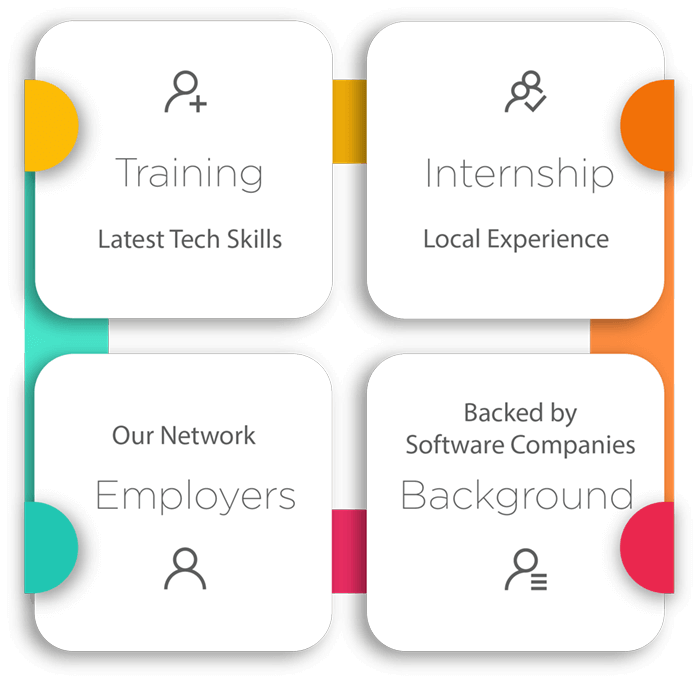
We have been helping career changers, recent IT graduates and people with a career gap
to start their IT/software careers.
Over the years, we have helped hundreds kick-start an IT/software career.
(Verifiable evidences are available on this website)
OUR CORE
We are an innovative software training school backed by global/local software companies.
Our ecosystem is an incubation process that supports our participants until they launch
a tech career.
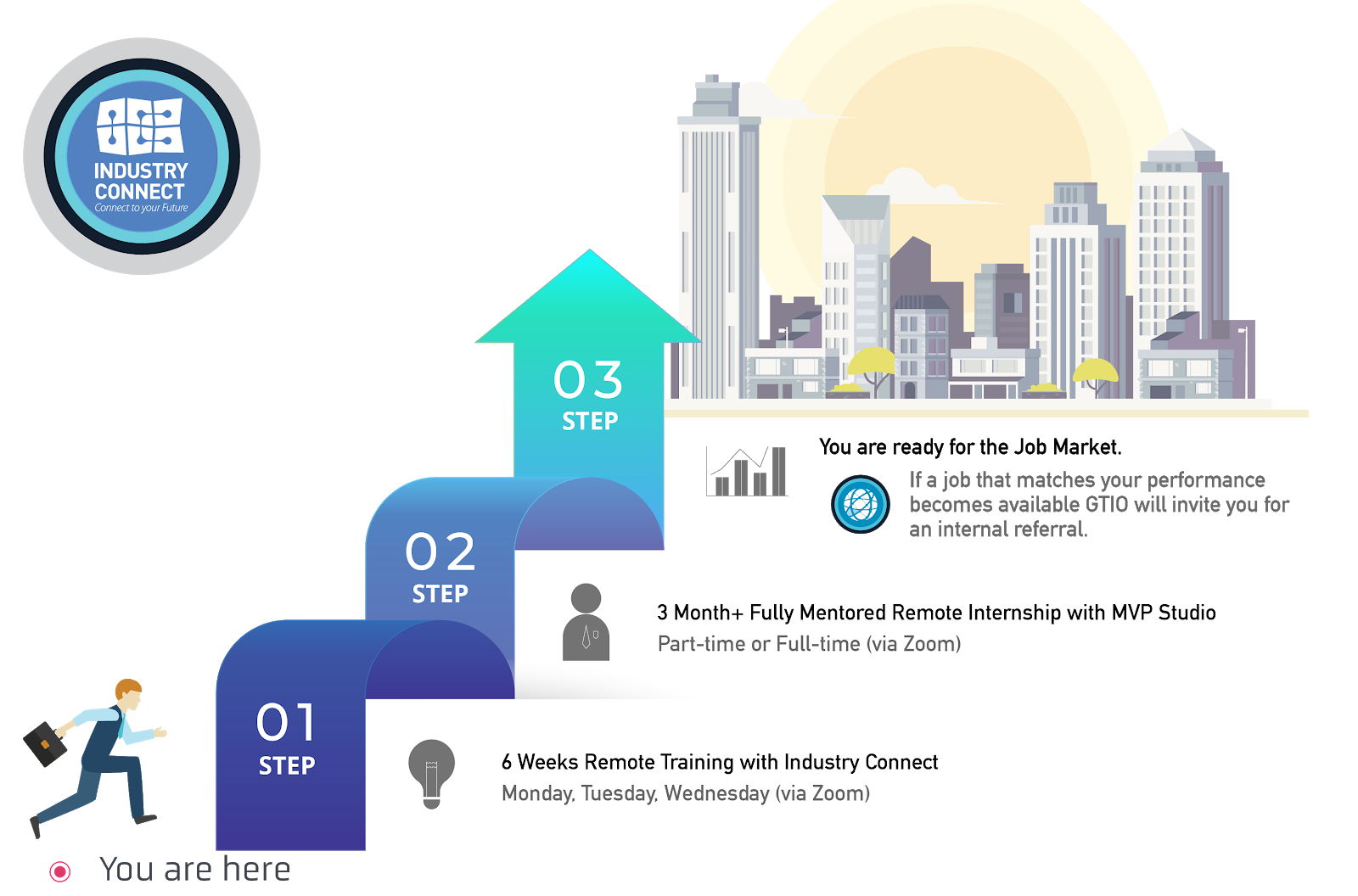
OUR PROGRAMMES
Our Job-Ready training programmes focus on:
- Software Development
- Business Intelligence (or Data Analyst)
- Test Analyst
PROGRAMME STRUCTURE
- Six Weeks Training Classes (Practical Tech Skills)
- Three Months (or more) Structured Internship on Large Commercial-Scale Projects (flexible hours)
- Employer Network (job analysis and internal referral if goals are met)
You can join us via Zoom (live face-to-face meeting) remotely from anywhere and
“download” the valuable knowledge & experiences from our tech experts across
different tech centres.
Watch 300+ Stories of Career Starters in IT/Software
- Career Changers & Switch to IT
- Recent Graduates
- People with a Career Gap
- New Software Developers
- New BI or Data Analysts
- New Test Analysts
Click the image to watch those who changed their careers to IT, had gap years and recent IT graduates.


